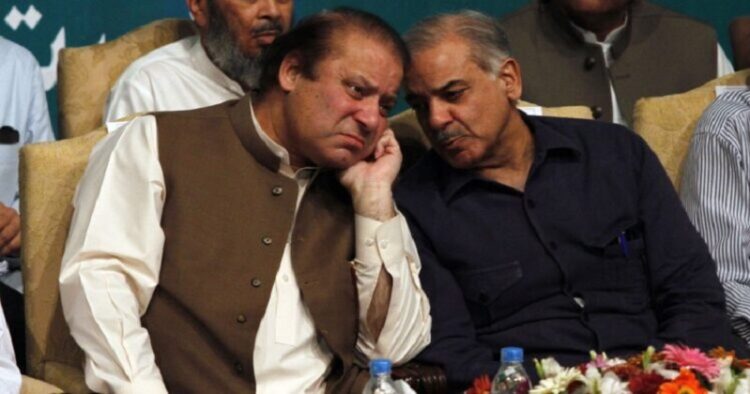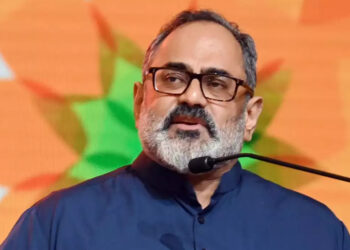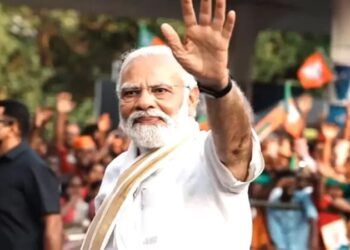Islamabad: Former Prime Minister Nawaz Sharif is expected to make a comeback to Pakistan, with current Prime Minister Shehbaz Sharif confirming his brother’s return. Nawaz, who has been living in exile in London since his disqualification, is said to be back in Pakistan within a few weeks and intends to contest the upcoming elections.
Nawaz Sharif, the leader of the Pakistan Muslim League (N), had been disqualified by the Supreme Court, culminating in his exile. He departed the nation in November 2019, passing the chairmanship of the party to his brother, Shehbaz Sharif.
Amid speculation that Finance Minister Ishaq Dar might be appointed as interim Prime Minister, Shehbaz Sharif rejected the proposal. He opposed Dar’s appointment, citing a lack of public approval. This opposition could be linked to the party’s anticipation of the upcoming elections and their desire to return to power.
Shehbaz informed the media that the notification for the dissolution of the National Assembly would be sent to President Arif Alvi a few days ahead of the lower house’s tenure completion. The National Assembly’s tenure is set to end on August 12, after which the country may ask the Election Commission to hold the elections within 90 days.
In his response to a question, Sharif also referred to the riots that occurred on May 9, which were sparked by the arrest of Pakistan Tehreek-e-Insaf (PTI) Chairman Imran Khan in a graft case, as a conspiracy against Pakistan.
Regarding Nawaz Sharif’s return, Shehbaz asserted that he would face the law in Pakistan upon his arrival. Nawaz Sharif had been disqualified in 2017 by the Supreme Court and later declared ineligible for holding public office for life in the Panama Papers case. Since November 2019, he has been residing in the United Kingdom on self-exile, granted bail by the Lahore High Court on medical grounds.
Furthermore, Shehbaz Sharif echoed his coalition partners’ sentiment that a neutral person should be appointed as interim Prime Minister to ensure fair election results. He assured that the caretaker government would be highly efficient.












Comments